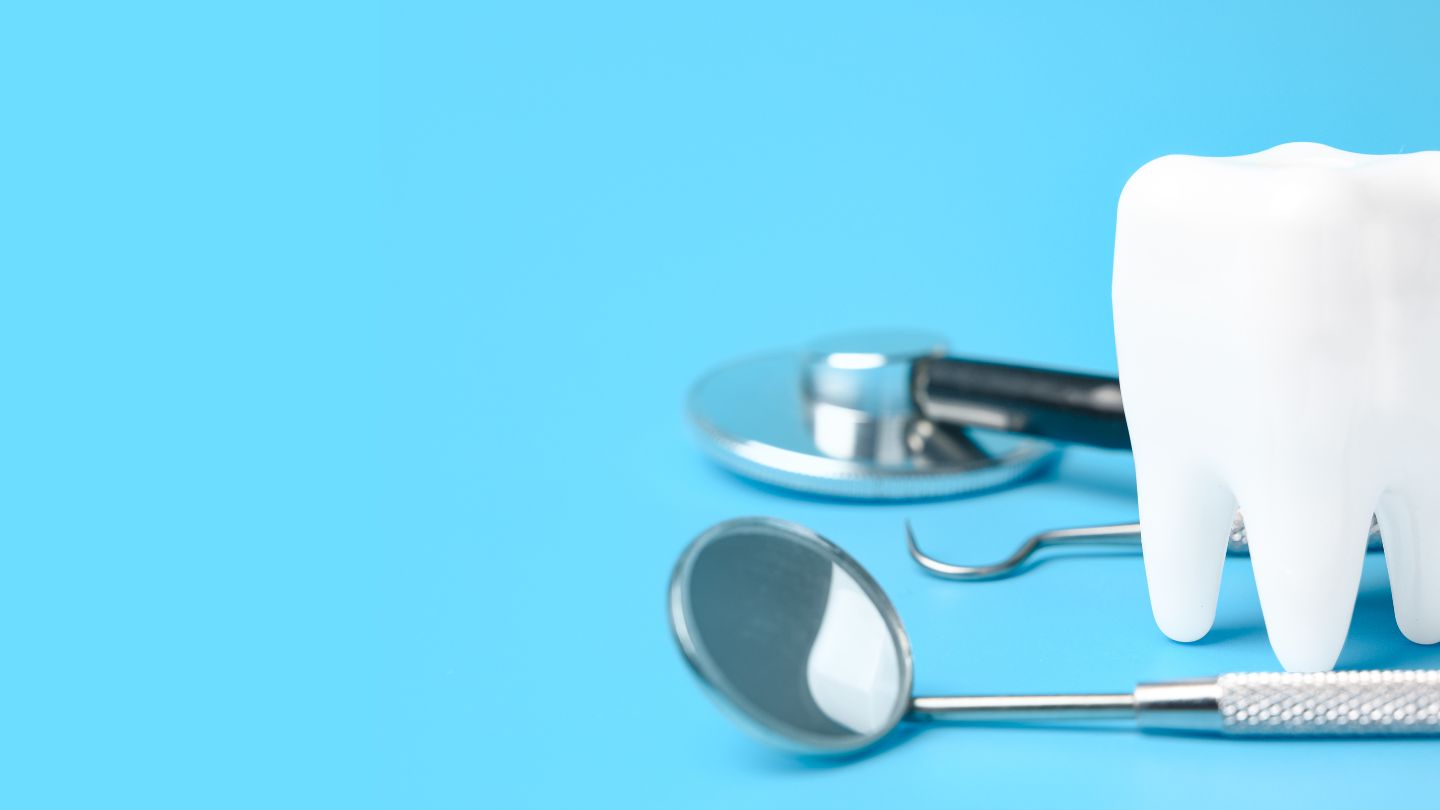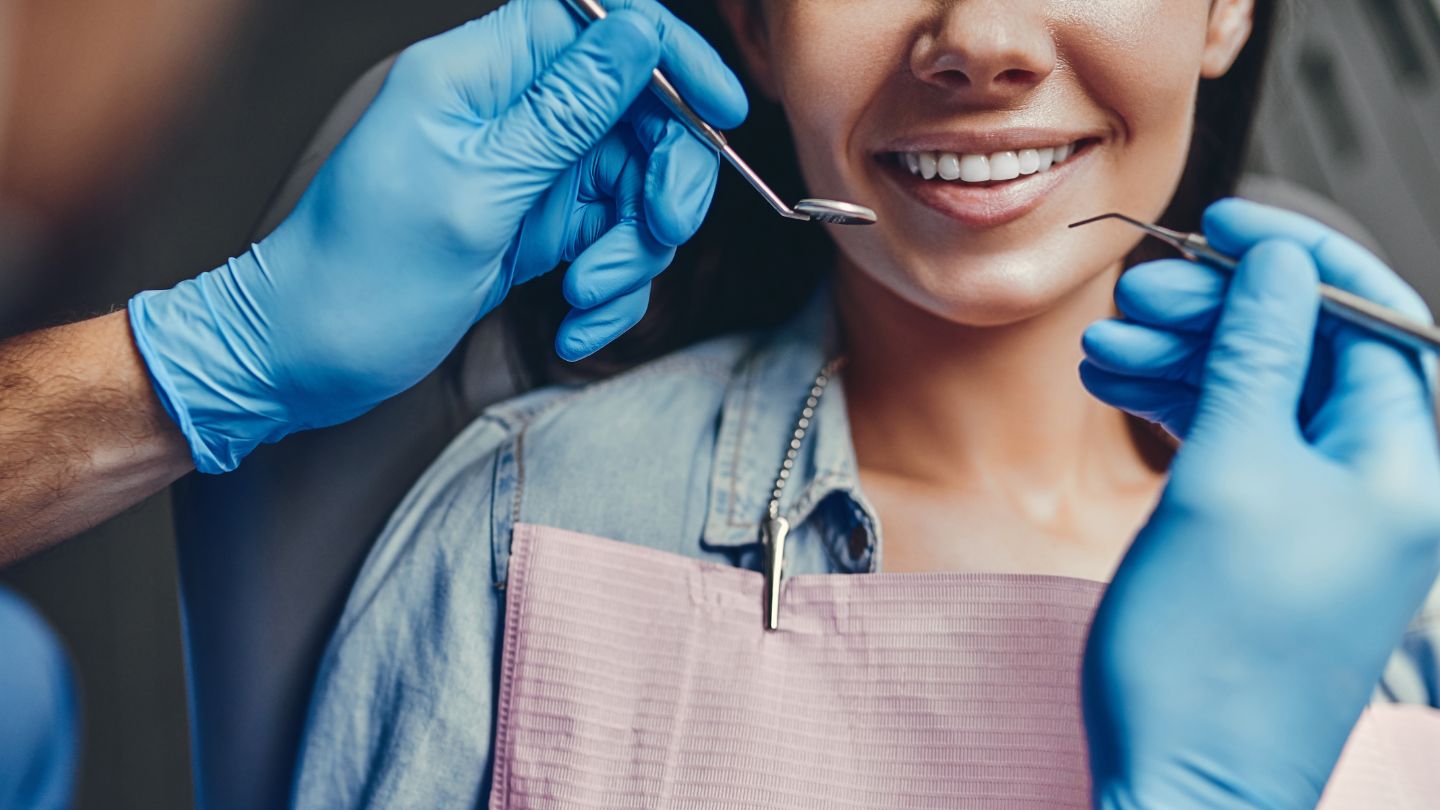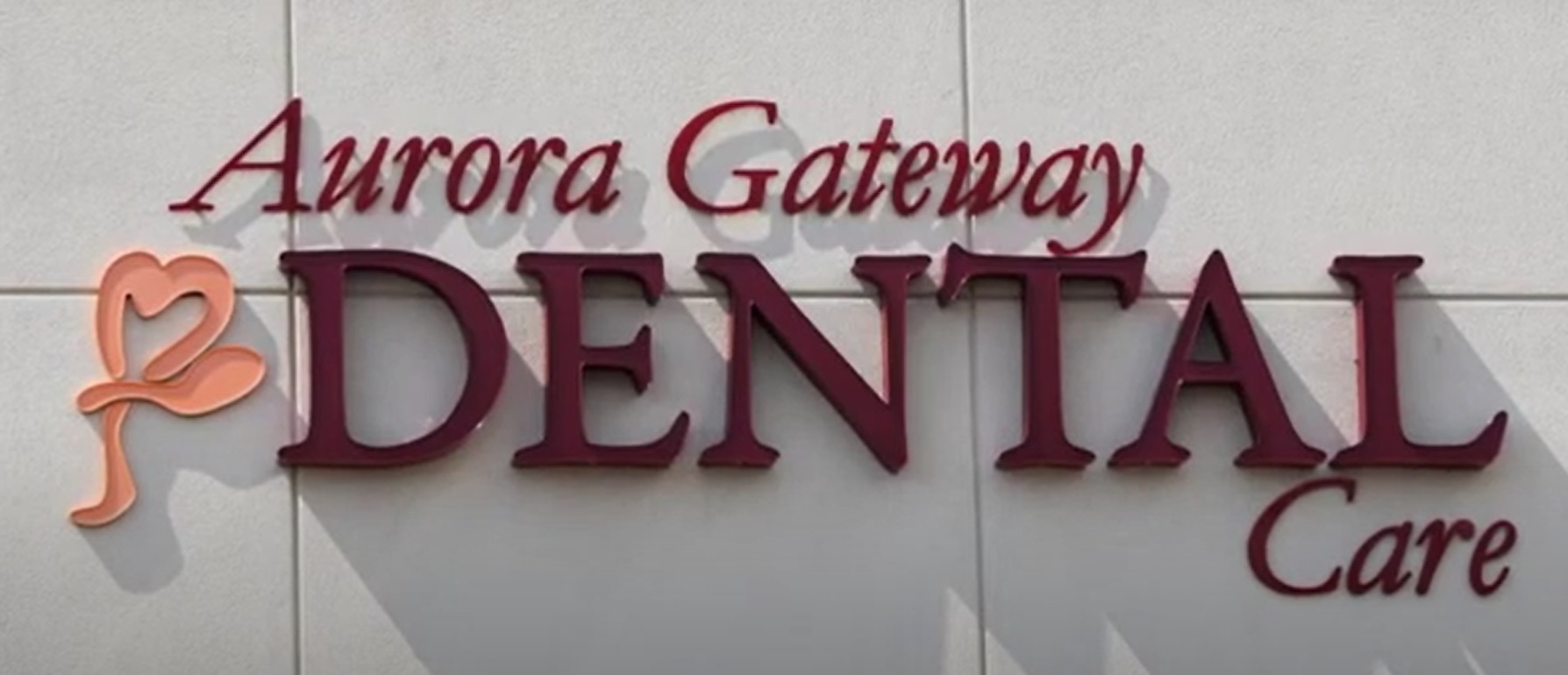Introduction
Oral cancer is a serious and potentially life-threatening disease that affects thousands of people each year. However, with early detection and treatment, the prognosis for oral cancer is much more favorable. Oral cancer screening is a simple and painless procedure that can help detect the disease in its early stages, making treatment more effective. In this essay, we will discuss the importance of oral cancer screening, including early detection and prevention.
Early Detection
One of the primary reasons for the importance of oral cancer screening is early detection. When oral cancer is detected early, treatment is more likely to be successful, and the chances of survival are significantly higher. The cancer screening can detect abnormalities in the mouth, such as lumps, sores, or red or white patches, that may indicate the presence of cancerous or precancerous cells. By identifying these abnormalities early, healthcare professionals can recommend further testing and treatment as needed.
Prevention
In addition to early detection, cancer screening plays a crucial role in prevention. By identifying risk factors for oral cancer, such as tobacco use, alcohol consumption, and human papillomavirus (HPV) infection, healthcare professionals can educate patients on lifestyle changes that can reduce their risk of developing oral cancer. For example, quitting smoking and limiting alcohol consumption can significantly reduce the risk of developing oral cancer. Additionally, receiving the HPV vaccine can help prevent HPV-related oral cancers.
Who Should Get Screened
The American Cancer Society recommends that all adults undergo regular cancer screening as part of their routine dental check-ups. However, individuals with a higher risk of developing oral cancer, such as those who use tobacco or alcohol, have a history of oral cancer, or have a family history of the disease, may benefit from more frequent screening. Healthcare professionals can assess an individual’s risk factors and recommend an appropriate screening schedule.
Conclusion
Oral cancer screening is a vital tool in the early detection and prevention of oral cancer. By undergoing regular screening as part of routine dental check-ups, individuals can increase the likelihood of detecting oral cancer in its early stages, when treatment is most effective. Additionally, healthcare professionals can educate patients on lifestyle changes that can reduce their risk of developing oral cancer. If you have not had an oral cancer screening recently, talk to your dentist or healthcare provider about scheduling one as soon as possible.
FAQs
Q 1: What is involved in a cancer screening?
An oral cancer screening is a simple and painless procedure that can be performed during a routine dental check-up. Your dentist or healthcare provider will examine your mouth, including the lips, gums, cheeks, tongue, and throat, for any signs of oral cancer. They may also feel the tissues in your mouth for lumps or abnormalities. In some cases, a special dye or light may be used to help identify any suspicious areas. 
Q 2: How often should I undergo an oral cancer screening?
The frequency of oral cancer screening depends on your individual risk factors. For most people, an oral cancer screening is recommended as part of their routine dental check-up, which is typically every six months. However, if you have a higher risk of developing oral cancer, such as a history of tobacco or alcohol use, your dentist or healthcare provider may recommend more frequent screenings.
Q 3: Are there any risk factors for oral cancer?
Yes, several factors can increase your risk of developing oral cancer, including:
- Tobacco use, including smoking and smokeless tobacco
- Heavy alcohol consumption
- Human papillomavirus (HPV) infection
- A history of oral cancer or other head and neck cancers
- Poor oral hygiene
- A diet low in fruits and vegetables
Q 4: What can I do to reduce my risk of developing oral cancer?
There are several steps you can take to reduce your risk of developing oral cancer, including:
- Avoiding tobacco use
- Limiting alcohol consumption
- Practicing good oral hygiene, including regular brushing and flossing
- Eating a healthy diet rich in fruits and vegetables
- Getting the HPV vaccine, if recommended by your healthcare provider
By taking these steps and undergoing regular cancer screenings, you can reduce your risk of developing oral cancer and increase the likelihood of early detection and successful treatment if the disease does occur.
amir
Stay in the loop


